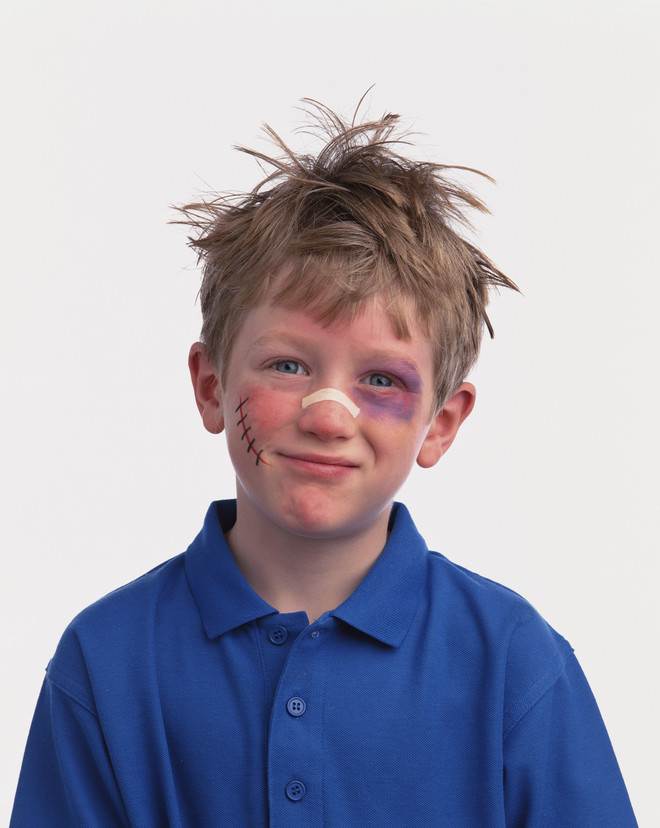How to determine if a child has broken his nose
Signs of a broken nose in a child may coincide with the symptoms of less dangerous injuries. Therefore, parents should quickly distinguish it from a bruise and take measures in time. A broken nose can lead to difficulty breathing in the futurePhoto: Getty You can suspect a broken nose by the following symptoms:
A broken nose can lead to difficulty breathing in the futurePhoto: Getty You can suspect a broken nose by the following symptoms:
- severe nasal bleeding, including internal;
- edema of the nasal mucosa and the appearance of bruises and bruises under the eyes;
- obvious shift of the nose to the side, its changed appearance;
- shortness of breath, inability of the child to breathe through the nose;
- severe soreness;
- anxiety, incessant crying and cries in children who have not yet learned to speak;
- dizziness and loss of consciousness;
- nausea, overgrowing in vomiting;
- strong mobility of the back of the nose with light palpation.
You should not self-medicate if you suspect a fracture. If you do not take action in time, there is a risk of complications.
What to do if your child has a broken nose
Having discovered symptoms that indicate a possiblea broken nose, you need to show the child to the doctor immediately. Go to the nearest children's clinic or emergency room, where they will do an X-ray to confirm the diagnosis. If you delay in seeking help, this will lead to the bones not healing properly. Internal bleeding can even threaten the baby's life. If the child's condition rapidly worsens, he is experiencing severe pain or loses consciousness, call an ambulance. Before going to the doctor, provide first aid to the child. Do not try to straighten a broken nose yourself. In case of profuse bleeding, sit the child on a flat place, tilting his head slightly forward so that the blood does not get into the esophagus. You can put a towel with ice on the nose, which will help stop the bleeding. Cold also reduces pain shock and reduces bruising and swelling. Do not give the child any painkillers before visiting the doctor. By timely detecting a fracture and seeking help from professionals, you will reduce the risk of complications to a minimum. Only a qualified otolaryngologist can prescribe treatment after examining the child and studying the X-ray data.See also:









